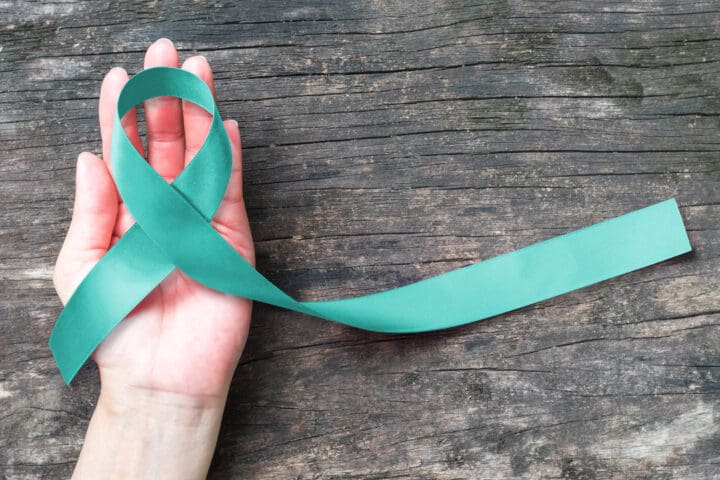Webinar Recording now Available: Advocating for Policy Change to Support Expansion of Broadband Access
Dr. Whitney Zahnd from the Advancing Cancer and Rural Equity (ACRE) Lab at the University of Iowa hosted part 2 of the “Upstream Approaches in Cancer Prevention” webinar series on March 21st. This webinar, titled “Advocating for Policy Change to Support Expansion of Broadband Access”, walked through steps to articulate the need for broadband access-related policies at various levels within states and the impact that broadband access has on cancer prevention and control. Additionally, it described data sources, policy levers, and partnerships necessary to advocate for meaningful change. The webinar recording and slides are now available.
Webinar Recording now Available: Advocating for Policy Change to Support HPV Vaccination
Dr. Whitney Zahnd from the Advancing Cancer and Rural Equity (ACRE) Lab at the University of Iowa hosted part 1 of the “Upstream Approaches in Cancer Prevention” webinar series on February 22nd. This webinar, titled “Advocating for Policy Change to Support HPV Vaccination”, walked through steps to articulate the need for HPV vaccination-related policies at various levels within states and described data sources, policy levers, and partnerships necessary to advocate for meaningful change. The webinar recording and slides are now available.
GHEA Receives Five More Years of Funding
CADCA’s Geographic Health Equity Alliance (GHEA), is thrilled to announce that they have received five more years of funding from a jointly funded cooperative agreement through CDC’s Office on Smoking and Health (OSH) and Division of Cancer Prevention and Control (DCPC). GHEA is a recipient of CDC-RFA-DP-23-0015: CDC’s National Networks Driving Action: Preventing Tobacco- and Cancer- related Health Disparities by Building Equitable Communities.
Telehealth across the Cancer Continuum
Rural residents face unique challenges when it comes to accessing quality, comprehensive cancer care which has greatly impacted their ability to lead a healthy life. Residents of rural areas typically have limited access to cancer care specialists, relying on primary care providers for their care. Despite having a lower incidence of cancer in these areas, this lack of access to specialized cancer care has caused a higher cancer mortality rate in rural America. However, telehealth can be an effective way to improve access to cancer-related care for rural patients, from prevention to survivorship.




